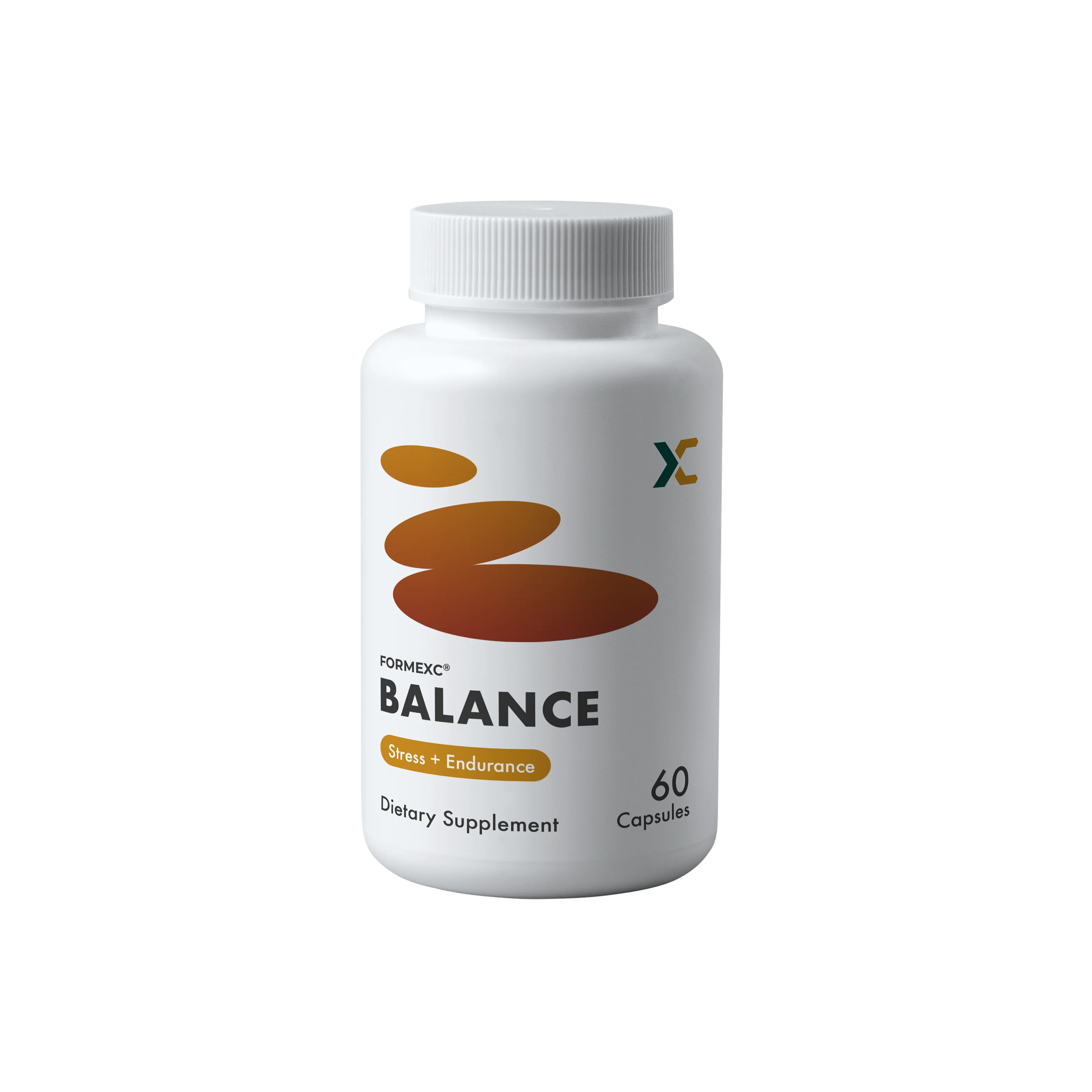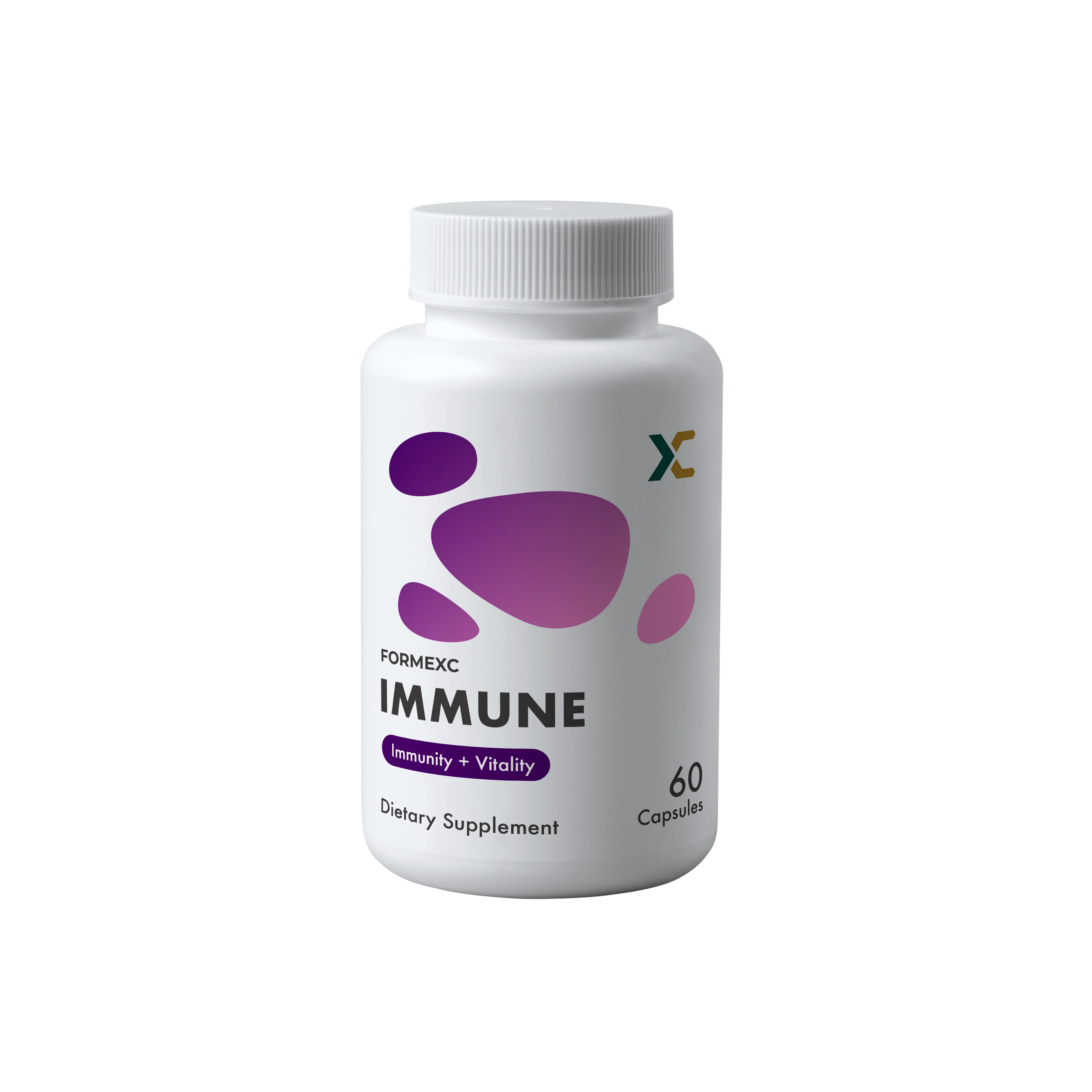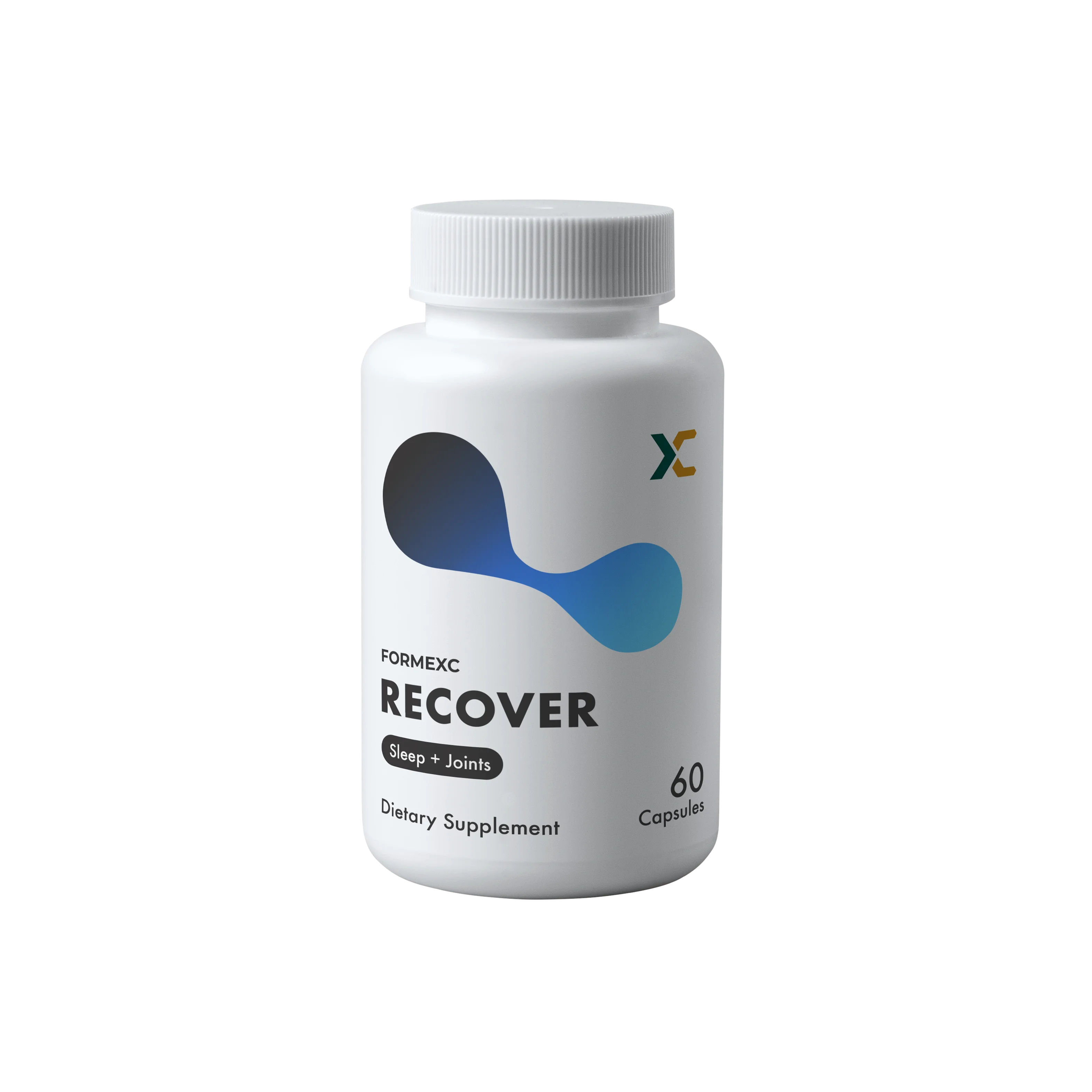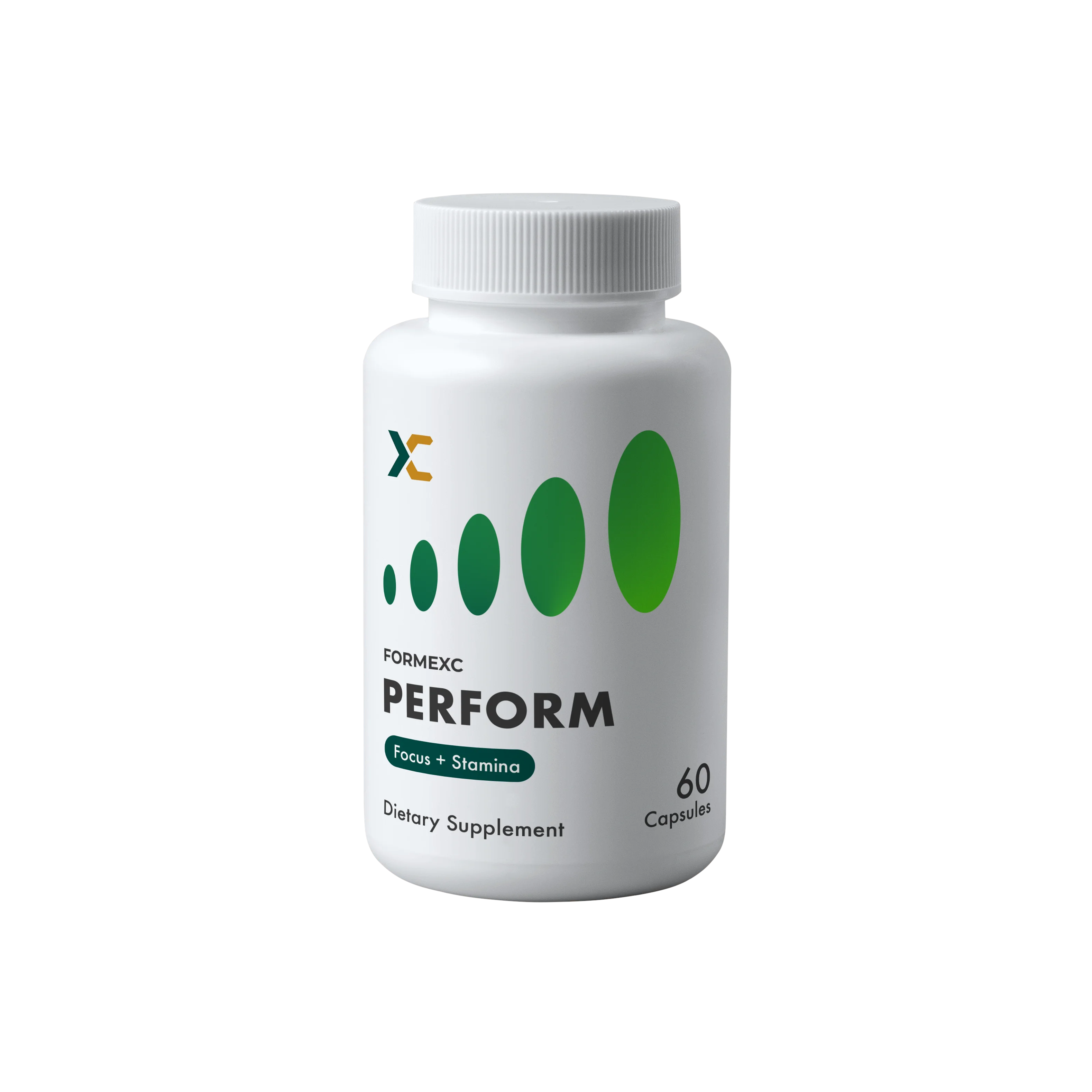Magnesium is a fundamental mineral that plays a critical role in human health, influencing over 300 enzymatic reactions in the body. One of its most essential functions is facilitating the synthesis and utilisation of ATP (adenosine triphosphate), the body's primary energy currency. Without adequate magnesium, the body's energy production process would come to a grinding halt. Let’s explore the science behind magnesium's involvement in ATP synthesis, its importance for energy metabolism, and how you can ensure your body has optimal magnesium levels.
What Is ATP and Why Is It Important?
ATP (adenosine triphosphate) is often referred to as the "energy currency" of the cell. It provides the energy necessary for countless biological processes, including:
- Muscle contraction
- Protein synthesis
- Cell repair and replication
- Nerve function
- Metabolic reactions
Each cell in your body relies on ATP to perform its tasks efficiently. ATP is produced primarily in the mitochondria—the “powerhouses” of the cell—through a process called oxidative phosphorylation during cellular respiration.
However, ATP does not act alone. For it to function effectively, it must bind to magnesium. This is where magnesium becomes a game-changer.
The Role of Magnesium in ATP Synthesis
Magnesium acts as a cofactor for enzymes that generate ATP. Here's how it works:
- Stabilising ATP
- ATP exists as a highly reactive molecule. To prevent it from breaking down prematurely, magnesium ions bind to ATP, stabilising its structure and making it bioavailable for cellular processes.
- When bound to magnesium, ATP is often referred to as Mg-ATP, highlighting the vital partnership between the mineral and the energy molecule.
- Catalysing Energy Reactions
- Enzymes called kinases play a major role in transferring phosphate groups during ATP synthesis and utilisation. Magnesium is an essential cofactor for these enzymes, helping to catalyse these critical reactions.
- Without magnesium, ATP-dependent enzymes cannot function properly, leading to compromised energy production.
- Mitochondrial Function
- Mitochondria produce ATP through oxidative phosphorylation, a process that involves the electron transport chain (ETC). Magnesium is required for enzymes within the ETC to operate efficiently.
- It also regulates mitochondrial calcium levels, ensuring proper energy production without mitochondrial overload or dysfunction.
Why Is Magnesium So Important for Energy Levels?
When magnesium levels are low, ATP production can falter. This may result in symptoms such as:
- Fatigue and low energy
- Muscle weakness
- Brain fog and difficulty concentrating
- Poor recovery from exercise
Since ATP is required for every movement, thought, and bodily function, a magnesium deficiency can affect overall vitality and well-being.
Research has shown that individuals with sufficient magnesium levels have higher energy output, better endurance, and improved exercise performance. Additionally, magnesium is involved in glucose metabolism, which ensures that cells have the fuel they need to produce ATP efficiently.
Sources of Magnesium for Optimal ATP Production
To ensure your body has enough magnesium for ATP synthesis, it's crucial to consume magnesium-rich foods or supplements. Here are some excellent natural sources:
- Leafy Green Vegetables
- Spinach, kale, and Swiss chard are packed with magnesium.
- Nuts and Seeds
- Almonds, pumpkin seeds, and chia seeds are nutrient-dense options.
- Whole Grains
- Brown rice, oats, and quinoa contain significant amounts of magnesium.
- Legumes
- Beans, lentils, and chickpeas are excellent plant-based sources.
- Dark Chocolate
- High-quality dark chocolate (70% cacao or higher) is not only delicious but also rich in magnesium.
Signs You May Need More Magnesium
If you're experiencing any of the following symptoms, it might be a sign that your magnesium levels are insufficient:
- Persistent fatigue
- Muscle cramps or spasms
- Irregular heartbeat
- Poor sleep quality
- Stress and anxiety
Consulting with a healthcare provider and testing your magnesium levels can help determine if supplementation is necessary.
The Unsung Hero of Energy Production
Magnesium's pivotal role in ATP synthesis makes it one of the most important minerals for maintaining energy and vitality. Without magnesium, ATP cannot function effectively, and your body's ability to produce energy is compromised. Ensuring optimal magnesium intake through diet or supplementation is key to supporting mitochondrial health, enhancing energy levels, and improving overall well-being.
Whether you're an athlete, a busy professional, or simply someone striving for better health, prioritising magnesium is a simple yet impactful way to energise your body from within.
Supplementing Magnesium
At Formexc we use Magnesium Bisglycinate which is the most bioavailable for human body. Magnesium bisglycinate is also called magnesium glycinate. However, because it has two glycine molecules attached, it is more accurately called “bisglycinate” (bis = two). Two separate glycine molecules occupy an active site on each magnesium molecule, leading to superior absorption because of increased solubility.
The bisglycinate form of magnesium has superior absorption because of increased solubility. A study found that serum levels of magnesium over eight hours were highest for magnesium bisglycinate, followed by dimagnesium malate; least absorbed was magnesium oxide. (PMID: 31330811) The improved absorption and solubility is because glycine decreases the pH of the intestines.
The glycine also takes up space on the magnesium molecule, which decreases the propensity of the magnesium to complex with plant-based phytates that would otherwise interfere with its absorption. Because glycine takes up active sites on the molecule, less water attaches to the molecule, which reduces the laxative effect typically seen with magnesium compounds.
Click here to explore Formexc products specifically designed to help optimise cellular energy, stress management and sleep. Use the code "NEW10" to get 10% off your first order.
Did you find this article useful? Share it with a friend and spread the love for healthy living.
Your success fuels our motivation.
Love,
Team Formexc 💚💛







